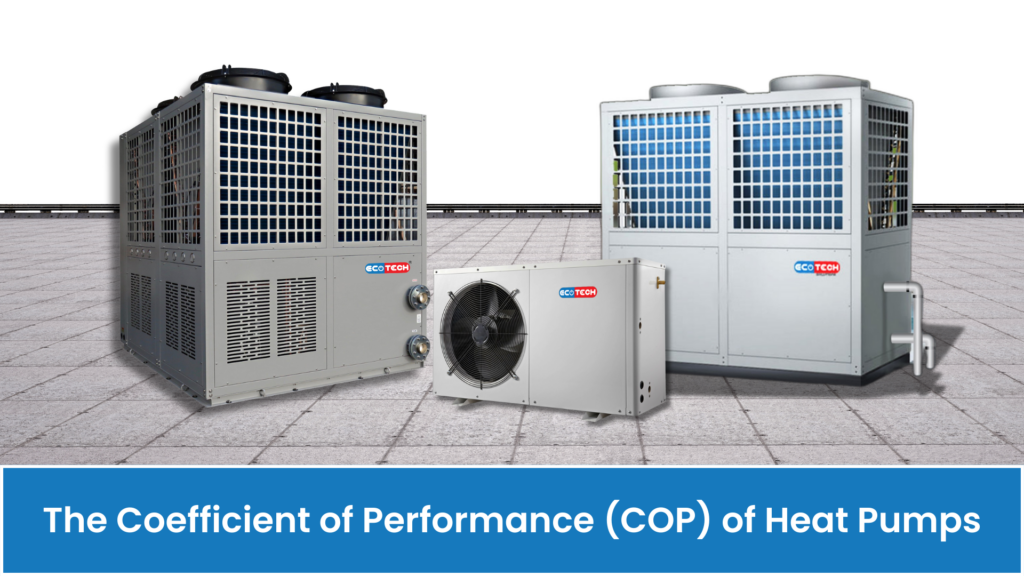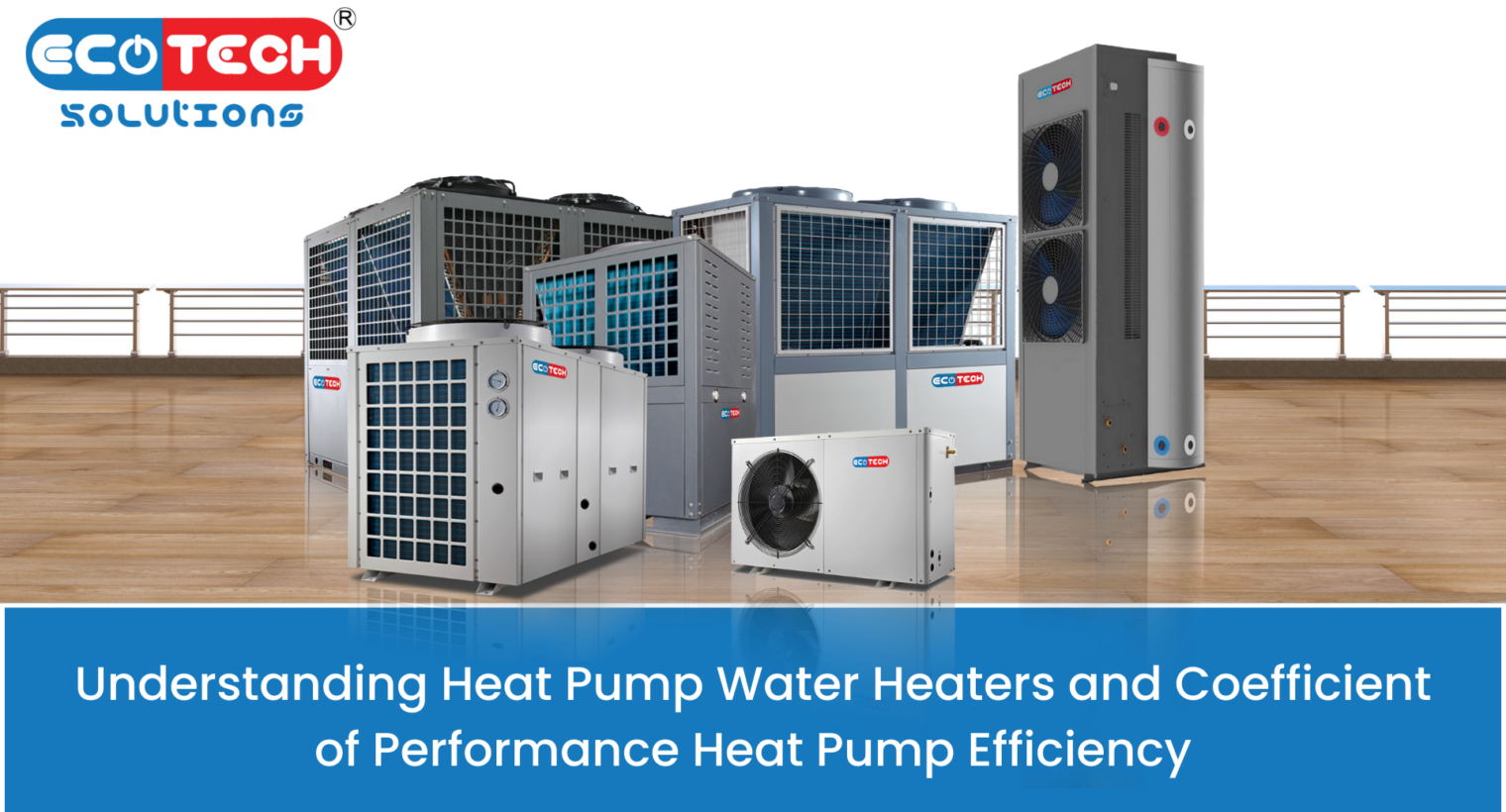Heat pump water heaters are transforming how we heat water by offering energy efficiency, cost savings, and environmental benefits. At the same time, the coefficient of performance (COP) is a crucial factor in determining the efficiency of heat pumps, making them a standout technology in the modern era of sustainable living.
What is a Heat Pump Water Heater?
A heat pump water heater is a device that uses electricity to transfer heat from the surrounding air to heat water in a storage tank. Unlike traditional water heaters that generate heat directly, these systems move existing heat, making them up to three times more efficient than conventional electric water heaters.
How Heat Pump Water Heaters Work:
- Heat Transfer Process: They work like a refrigerator in reverse, extracting heat from the surrounding air and transferring it to water stored in the tank.
- Integrated Systems: Many heat pump water heaters come with a built-in storage tank and backup resistance heating elements for added reliability.
Key Features of Heat Pump Water Heaters:
- Efficiency: These systems can operate efficiently in areas with air temperatures between 40º–90ºF (4.4º–32.2ºC).
- Versatility: They can be integrated with existing systems or used as standalone units.
Eco-Friendly Design: By utilizing ambient air, they reduce carbon footprints and energy consumption.

The Coefficient of Performance (COP) of Heat Pumps
The COP is a measure of a heat pump’s efficiency. It compares the amount of heat energy delivered (Qh) to the amount of work input (W). The formula is:
COP = Qh / W
Understanding COP Ranges:
- Air Source Heat Pumps: Typically have COP values between 2.0 and 5.0, depending on the outside temperature.
- Ground Source Heat Pumps: Often have higher COPs because the ground temperature remains stable.
Why COP Matters:
- Higher COP, Higher Efficiency: For example, a heat pump with a COP of 4 provides four units of heat energy for every one unit of electricity consumed.
- Temperature Dependency: The COP decreases in colder climates because the heat pump works harder to extract heat.
Advantages of Heat Pump Water Heaters
- Cost-Effective: While initial prices may be higher, lower operating costs balance out the investment over time.
- Energy Savings: Heat pump water heaters are ideal for those looking to cut down on energy bills without compromising on performance.
- Eco-Friendly: Their ability to use renewable energy sources contributes to reduced greenhouse gas emissions.
Comparing Heat Pump Water Heaters and Traditional Systems
When considering options like solar water heaters vs heat pumps or heat pump water heaters vs solar water heaters, the choice often depends on your climate, energy availability, and personal needs. Heat pump water heaters are ideal for moderate climates, whereas solar water heaters excel in sunny regions.
Applications Beyond Water Heating
Heat pumps aren’t limited to water heating. Innovations include:
Heat Pump Dryer:
Utilizes heat pump technology for efficient drying of clothes.
Gas Absorption Heat Pump:
Offers an alternative using natural gas instead of electricity.
Refrigeration:
Heat pumps are also integral to refrigerator technology, where they transfer heat out of the refrigerated space.
Invest in the Future with Heat Pumps
The combination of energy efficiency and high COP makes heat pump water heaters a reliable and sustainable choice for homes and businesses. With technological advancements, these systems are becoming increasingly accessible, making them a valuable investment for those looking to save on energy and contribute to a greener planet.
Don’t miss out on the latest updates. Stay updated with Heat Pump Water Heater and Coefficient of Performance Heat Pump efficiency Get all the details and never miss a beat!


